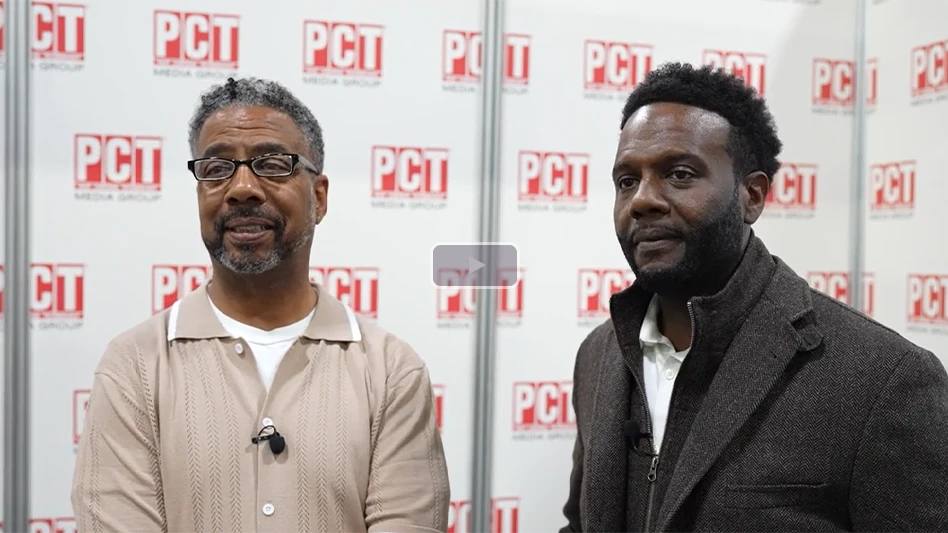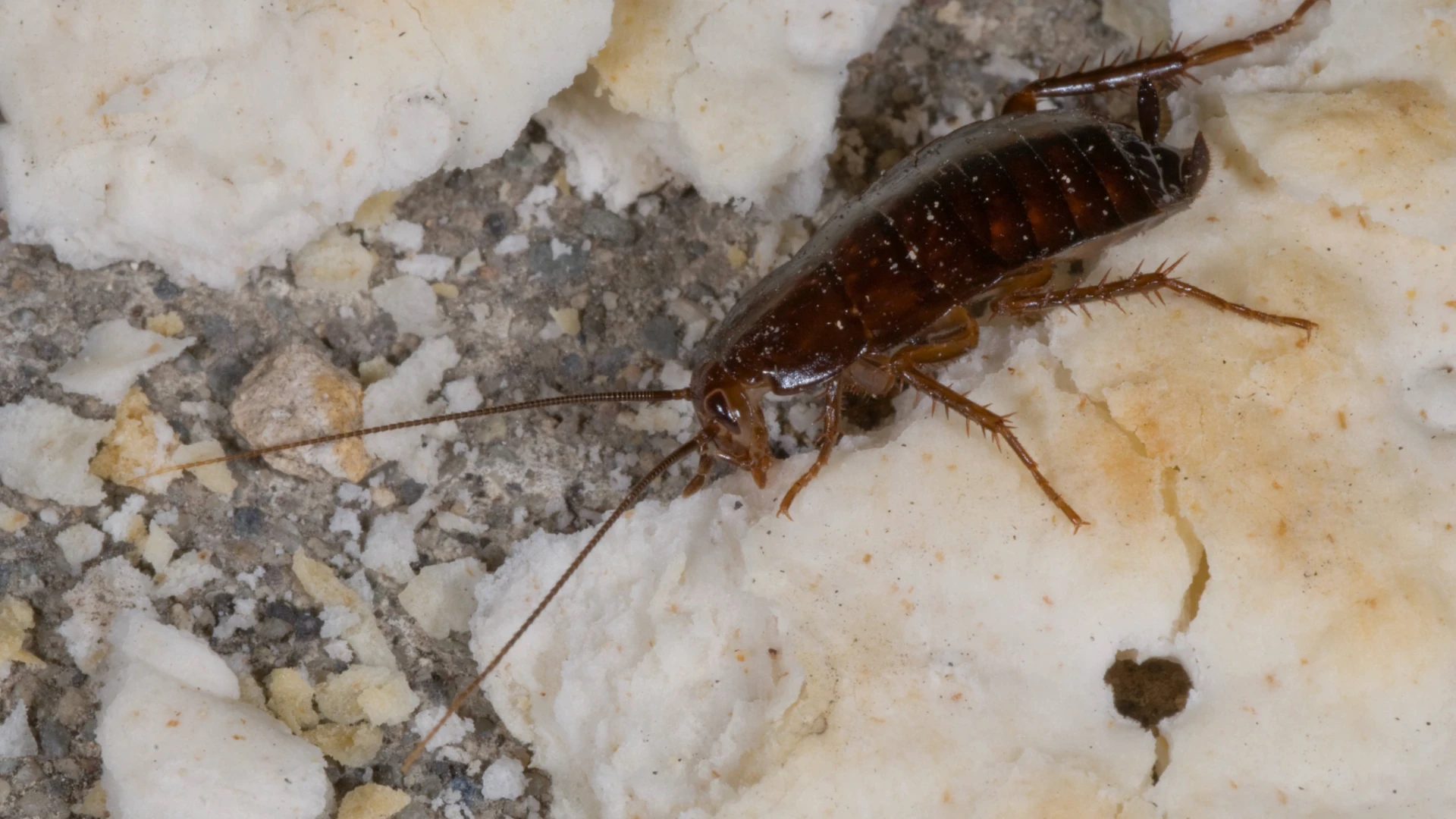Pest management professionals often say that clients — not the pests — pose the biggest obstacles to successfully managing German cockroaches. It can be a frustrating experience. Still, these hurdles also can be opportunities to forge better relationships with residents and to ultimately grow the business.
In fact, companies committed to the customer experience have higher brand awareness, average order values, customer retention, return on spend, and customer satisfaction rates, according to a 2018 study conducted by Forrester Consulting for Adobe.
And a 2017 study by IT solutions provider Dimension Data found that 84 percent of companies that improved the customer experience reported an increase in annual revenue.
THE OBSTACLES. As for cockroach control, the customer experience begins with client expectations. Unfortunately, many clients have service expectations that are unrealistic or not based in science.
“We live in a culture of instant gratification so they expect the roaches to be gone instantly after service,” even when they’ve had the problem for years, said Trey Howard, owner of Bug Out Pest Solutions, De Queen, Ark. Residents don’t understand that many more roaches are living in walls and behind cabinets than they realize, nor why they continue to see roaches following an application of gel bait, which takes longer to work than contact-kill sprays.
Another hurdle is do-it-yourself treatments. “Self-treating is one of the things we run into that’s a huge problem for us,” said Gregg Myett, service supervisor at Burgess Pest Management, West Bridgewater, Mass. Residents who apply over-the-counter repellent aerosols and sprays end up pushing the roaches into new areas and contaminating bait applications.
Clients who watch a two-minute YouTube video think they’re experts; they buy professional-grade products online that they over apply and handle inappropriately, added David Brown, owner of Brown Pest Control, Winston-Salem, N.C. Clients may be armed with inaccurate information found on the internet and their “more product is better” approach can contribute to cockroach resistance issues.
Residents also behave in ways that re-introduce the pest. They buy used furniture and appliances, fail to keep kitchens clean, and allow items into their homes from places known to be infested. “As soon as we get rid of them, if you don’t make that customer change his living habits, they’re going to bring them right back in there again,” said Travis Morton, president of Morton’s Pest Control, Huntsville, Ala.

THE OPPORTUNITIES. Educating customers can minimize these obstacles. It also strengthens a customer’s trust in an organization, according to a 2008 study published in the Journal of Service Research that is often referenced by scholars.
Even though educating residents takes time (something not always available) and access (clients aren’t always present), PMPs say the effort pays off as it highlights the industry’s professionalism and can lead to more business.
“Once we educate the customer on the baiting process and how it works and convince them to give it a try, we usually end up with a customer that refers us to someone else they know who has a roach problem,” said Don Grant, president of Grant Exterminating Co., Gastonia, N.C.
Satisfied clients may be converted to quarterly service, as well. “You make them happy when you get rid of the problem; they don’t want the problem to come back; you get a customer for a very long time. That helps you expand your business,” said Howard.
Educated customers know what to expect from the service. Not setting proper expectations — and losing customers as a result — is one of the biggest threats facing pest management companies, reminded Myett.
THE CONVERSATION. Toward this end, Howard gives a “thorough speech” to clients to prepare them for the experience; how the cockroach control process works and why clients may think they’re seeing more roaches before the pests disappear. “You didn’t get the roaches overnight; we’re not going to get rid of them overnight,” he tells them.
Myett holds seminars for tenants on cockroach biology so they understand the pest’s high reproduction rate, why it may take a higher frequency of service visits to get the situation under control, and how self-treating negatively affects these efforts.
Morton begs clients, “Please don’t try to help me get rid of these; you’re going to destroy everything I’m doing.” He once (half) jokingly told a client that he’d charge her an extra $10 every time her husband pulled out the can of Raid because it would take that much longer for him to remedy the problem.
He also tells people, “If you buy something that’s used, before you bring it in the house you need to inspect it real good.” And do the same for things like backpacks and clothing that belong to friends and family, though Morton admitted this can be a touchy subject for residents to address with family.
Other tips for clients: Don’t leave food out on the counter or dirty dishes in the sink, wipe up spills and discard old mail, newspapers and cardboard. “German roaches are hunting the same three things that you and I have to have: food, water and a place to live,” reminded Morton. “If (clients) would do the simple things, it would stop a lot of this problem,” he said.
A MISSING MESSAGE? Nearly all PMPs (96 percent) consider cockroaches a public health pest, but only 67 percent believed customers view the pests the same way, according to the PCT 2019 State of the Cockroach Control Market survey, which was sponsored by Syngenta and conducted by independent market research firm Readex Research.
In addition, only 38 percent of PMPs said their companies mentioned the health risks of cockroaches in marketing this service; only 37 percent said companies highlighted the public health benefits of controlling the pest, which is known to trigger asthma in children and spread pathogens that cause illnesses like food poisoning. Instead, most companies emphasized integrated pest management (58 percent), service guarantees (57 percent) and certified technicians (57 percent).
The author is a frequent contributor to PCT magazine.

Explore the July 2019 Issue
Check out more from this issue and find your next story to read.
Latest from Pest Control Technology
- Webinar: Maximizing Cash Flow — Key Strategies for Business Growth
- WorkWave Announces Wavelytics
- Rising Rat Populations Linked to Warming Temperatures, Urban Growth, Study Finds
- How Might the 2024 Elections Impact PCOs
- Keeping Track of Termite Identification
- Mosquito Joe Earns EPA's PESP Gold Level Designation
- Texas PestVets Coat Drive Collects Over 850 Items for Soldiers’ Angels
- Conquer Ants Fast!





